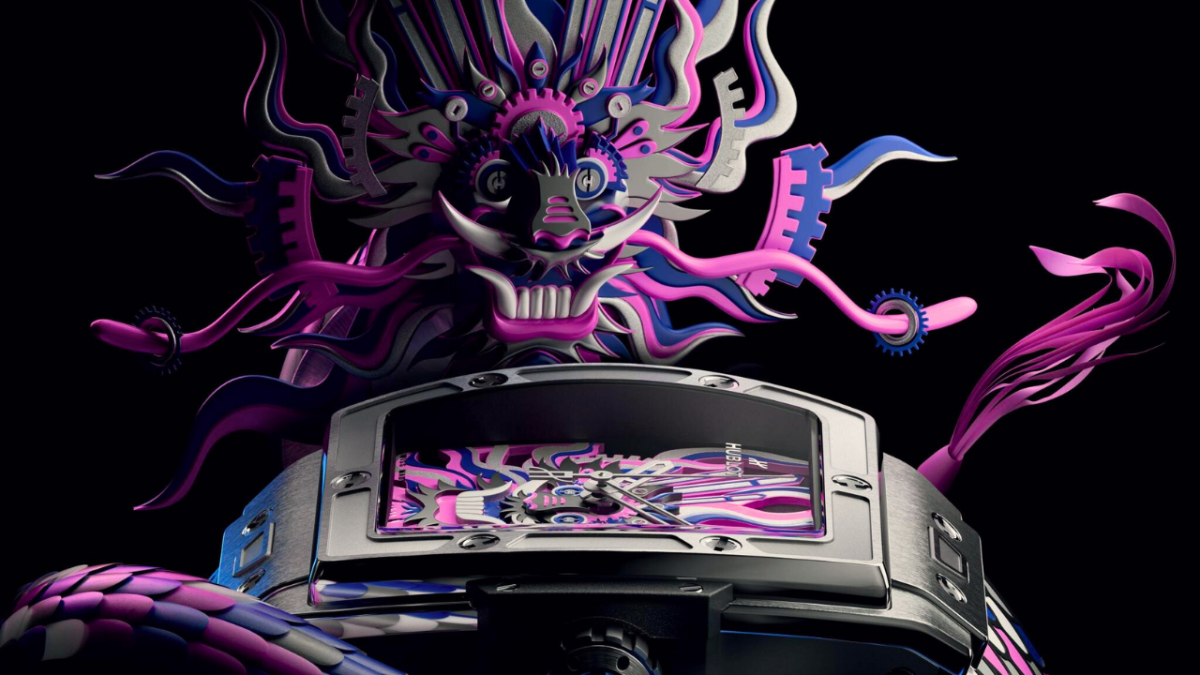
Tmall Luxury Pavilion's virtual influencer Timo. Photo credit: Alibaba Group
Alibaba Group deployed immersive technology this 11.11 Global Shopping Festival to offer consumers a glimpse of retail’s future in the metaverse.
Business units across Alibaba’s ecosystem are using extended reality (XR), virtual influencers and artificial reality (AR) to transform online shopping.
Alibaba’s research institute DAMO Academy, in collaboration with its licensing platform Alifish, rolled out an XR-powered marketplace on Alibaba’s e-commerce platforms Tmall and Taobao on Monday that allows consumers to shop for merchandise in their customizable avatars.
“We believe XR technology can revolutionize the online consumption trend in such a way that it also creates many new business opportunities for brands,” said Bo Leifeng, Head of the XR Laboratory at Alibaba’s DAMO Academy.
During this year’s 11.11, also known as Single’s Day in China, over 70 brands will bring close to 700 products to the XR-powered marketplace, which appears as a busy shopping street for users’ avatars to walk along.
Consumers can browse in virtual stores from over 30 internationally recognized media franchises, including Sanrio’s iconic Hello Kitty, and Hollywood’s franchise Minions. When they find something they like, shoppers’ avatars grab and place items in their virtual carts.
A Fresh Reality
As part of its push to embrace immersive retail, Alibaba’s luxury shopping platform Tmall Luxury Pavilion has made an avatar of its own: a virtual influencer named Timo.
The white-haired character will curate and host exhibitions on the platform, including showcases of 3D digital collectibles from luxury brands.
The younger generation accepts virtual engagement and interaction, Christopher Travers, a leading expert on avatars and co-founder at Atlanta-based media company Offbeat, told Alizila.
“[An] avatar is a vehicle to do a lot of the things that people do in their physical reality,” he noted.
Sales of luxury goods with 3D and AR features saw double-digit year-on-year growth this year, according to Tmall Luxury Pavilion’s data. Consumers also spent twice as long looking at these products.
From Savannas to Sofas
A more drastic digital makeover is happening at Tmall.
Last week, its standalone app launched a version that combines entertainment and 3D immersive shopping.
The app transports users into the great outdoors, allowing consumers to walk through African grassland and lush South American jungle landscapes. They can hear birds chirping in the background and admire the sunset while browsing the items rendered in 3D.
“The future of e-commerce retail is gaming, shopping and browsing all rolled into one,” said Zhao Kun, head of the Tmall mobile app.
Consumers can have a 360-degree view of products and use AR technology to try them on.
The same goes for home appliances. With a tap on the phone, consumers can superimpose furniture onto images of their homes to see if the décor matches.
“In the next three to five years, we’ll explore new experiences while building up critical capabilities to drive user growth and business growth for our merchants,” said Tmall’s Zhao.




